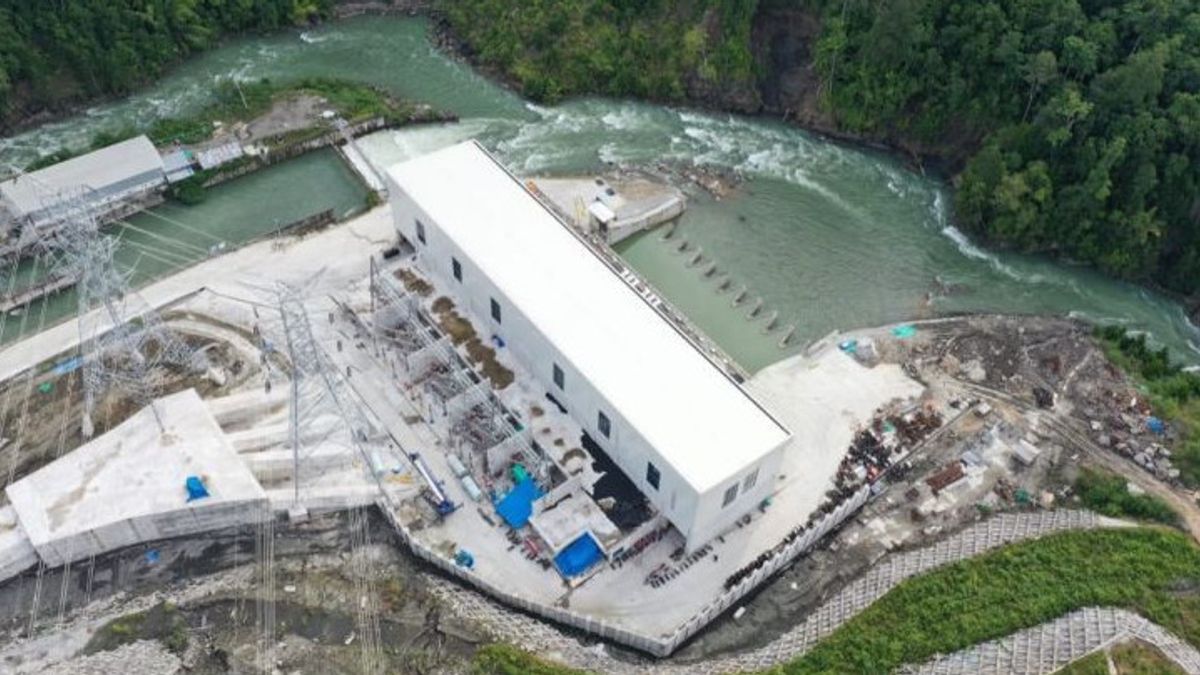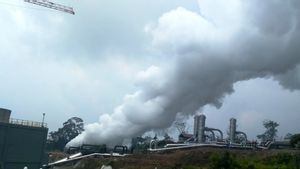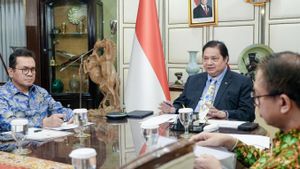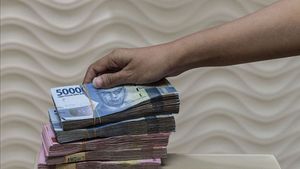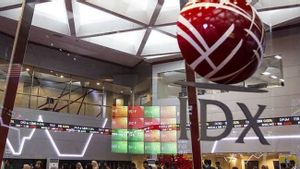JAKARTA - The Association of Indonesian Private Electricity Producers (APLSI) assesses that the power wheeling scheme, which was controversial in discussions at the New Energy and Renewable Energy Bill (RUU EBET), has the potential to attract private investment to more actively participate in the energy transition.
"The power wheeling scheme should be one of the options in an effort to ensure flexible supply with the Renewable Purchase Obligations (RPO) mechanism," said APLSI General Chairman Arthur Simatupang in his statement, quoted from Antara, Friday 17 February.
RPO is the obligation of the central electricity distributor to allocate a portion of its electricity to sources of renewable energy.
With the RPO, it will be easier for investors to enter because of the certainty of clean energy supplies so that the energy transition can be optimally accelerated.
"Power wheeling" is a mechanism that allows private companies or "Independent Power Producers" (IPP) to build power plants and sell electricity to household and industrial customers.
Sales of IPP stun by using PLN's distribution and transmission network through "open source" by paying a fee set by the Ministry of Energy and Mineral Resources.
Arthur also assessed that the use of PLN's transmission and distribution network by consumers, especially industry and electricity producers, is believed to increase NRE penetration in the general electricity system.
This is driven by the increasing demand for industrial consumers for electricity sourced from EBT, which has been voiced by many multinational companies such as Nike, Adidas, Coca-cola, H&M, Nestle, and others.
"As a large consumer, of course, PLN will respond well to requests from the industry, especially if this is related to the continuity of the industry in the country. The next question is what synergies can help PLN meet the 'demand' of EBT electricity?" he said.
As a forum for entrepreneurs or national electricity development companies in Indonesia, APLSI ensures that it has the ability and a good track record to be an important part of the development of EBT supplies.
Moreover, the demand for electricity from EBT is projected to continue to increase drastically. PLN and the government as regulators can support this transition by ensuring that supply or supply aspects are always in sync.
BACA JUGA:
He also assessed the need for a review of the RUPTL (Electricity Supply Business Plan) in responding to the new dynamics of industrial demand for EBT electricity.
"The dynamics of demand for EBT electricity from the industry requires flexibility in developing the supply side which is often a challenge for the industrial world," he said.
Arthur also assessed that PLN and IPP needed to hold discussions and coordinate in joint efforts to develop and procure EBT in order to obtain the best options to provide services to electricity customer requests for decarbonization targets from the industrial sector.
The government itself has ensured that the "power wheeling" scheme is not included in the New Energy and Renewable Energy Bill (RUU EBET).
DPR Commission VII chairman Sugeng Suparwoto also stated that the "power wheeling" business scheme was excluded from the draft EBET Bill.
The English, Chinese, Japanese, Arabic, and French versions are automatically generated by the AI. So there may still be inaccuracies in translating, please always see Indonesian as our main language. (system supported by DigitalSiber.id)
